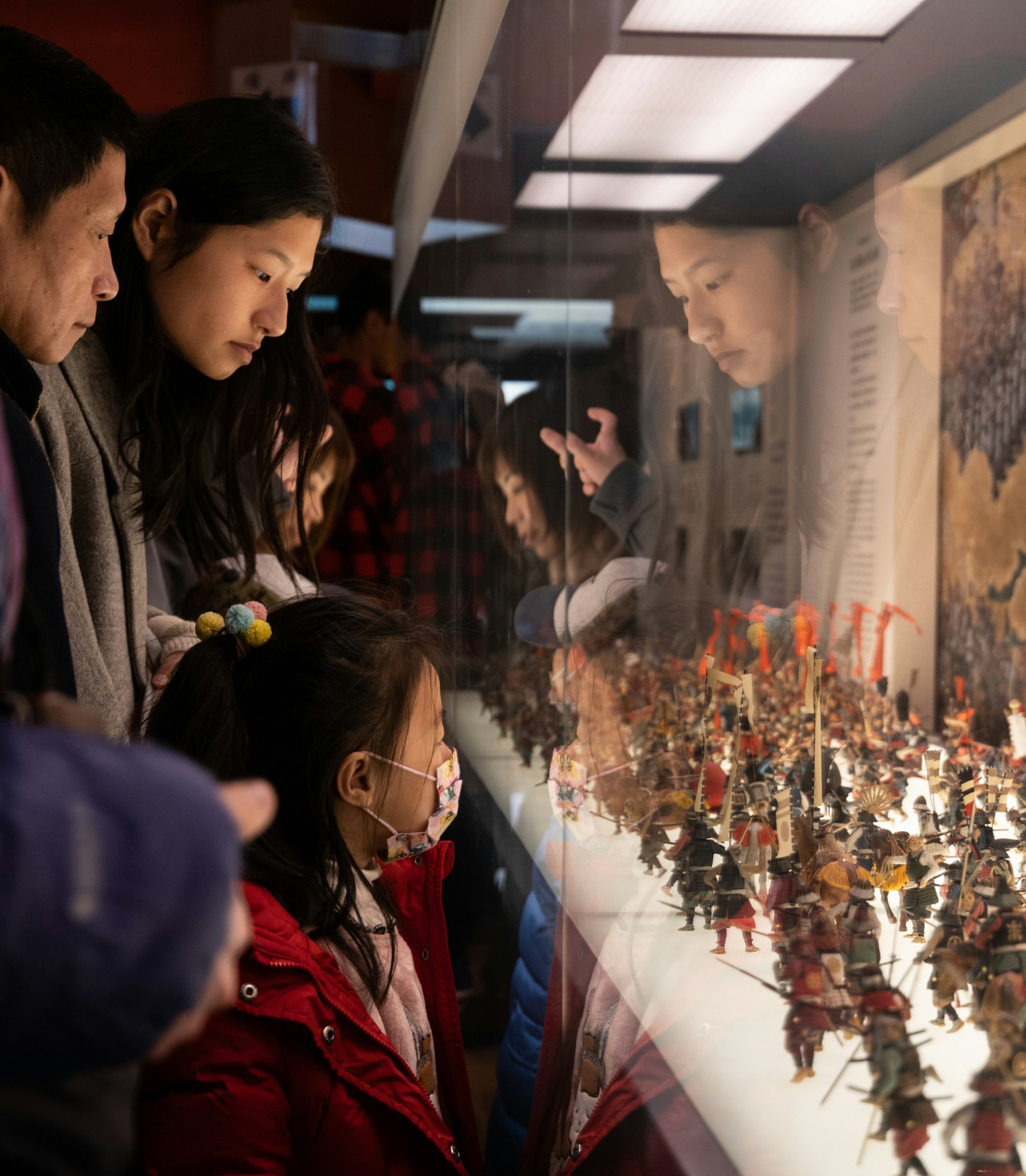
Homeschooling in NYC: Support Groups and Classes
Links to Homeschool Support Groups in NYC, as well as classes and activities for homeschoolers. Photo is of NYCHEA’s annual Not-Back-to-School Picnic with free book swap, information and support.

Three Self-Directed Family Learning Activities
My children were my greatest teachers.
Being aware that we are learning together all the time made it easier for me to create family activities that we could all share. The activities led to extended learning experiences – not just for the kids, but for everyone.
Conversations endured for weeks. Trips to the market resulted in new recipes. Nature walks inspired poetry and science. Museum visits sparked forgotten memories and made us yearn for travel.
Here are three activities that made a lasting difference for us on our homeschooling journey:.

Games That Teach Parts of Speech
Here are five ways to play your way to teaching and learning parts of speech. These are also excellent warm-up games for writing. Games can inspire!
Learn how to rhyme with Silent Crambo, how to make Mad Libs, how to write stories from a Fantastic Binomial, and more! As a bonus, each game teaches parts of speech: verbs, nouns, adjectives, and more. Possibilities are limitless!

Eight Changes We Made After Homeschooling
Every time I see a post about teachers no longer assigning homework, it brings me back to a time when boring, senseless homework ruled our world! School was the elephant in the room that we all catered to. Our lives changed radically when we homeschooled.
Here are the biggest changes that I remember making when we first started homeschooling.

Educating The Whole Child
It is ridiculous to think that a teacher or parent can educate just a part of the child, but that is the traditional approach, with each subject taught separately, relying solely on books, pen and paper. I hesitate to use terms like Holistic Education or Whole Child, because these terms are embraced by educational businesses (such as tutoring agencies), and by the Common Core Curriculum, both examples of non-holistic education.
The "whole child" view implies that the whole child is influenced by everything, and interacts with everything, with the whole world. In turn, the whole world is interacting with the child. Our children are aware of far more than they can express, and they are learning all the time. Taking this view, I can never fully plan what a student will learn. My understanding of their learning happens in hindsight, as I watch their development and reflect on the experience. Most often the child reaches for or receives something unplanned. The nature of this learning can be social, linguistic, creative, physical, mental or logical, or all of the above. It is impossible to plan or foresee this, because each child is different and each situation unfolds unpredictably.

Is Education Work Or Play?
Do you remember being scolded for playing? Perhaps you were told to straighten up and sit still, or to stop "being silly" or stop "fooling around" (demeaning terms for play). These are common experiences in a society where grown-ups hardly play at all. It is as if we have forgotten how to play, and play is reserved only for the very young, often only at recess, or only in sports.
Adults are mostly game watchers instead of game participants. Yet we remain aware that the spirit of play, which often has no obvious purpose or goal, is a magical ingredient that makes every experience more alive, and makes learning memorable.
If play is so elusive for adults, when does it stop for us as children? Does it stop with school?

Ten Reasons Why Self-Directed Learning Works So Well
I discovered the child-led approach simply by paying attention to what worked. If my child wasn’t interested, learning simply didn't happen. You can’t force someone to want something, but a good teacher’s enthusiasm can be contagious, and it is possible to inspire interest.
But why go to such lengths when interest is already present? Skills in reading, writing, analysis, communication, presentation (and more), are much easier to acquire when the student’s interest is at the center. Yet I was unprepared for the real results of this approach. My children found their direction much earlier than I had thought possible, seeking higher learning in their chosen areas when they were barely middle school age.
With that in mind, here are 10 reasons why self-directed learning works so well: